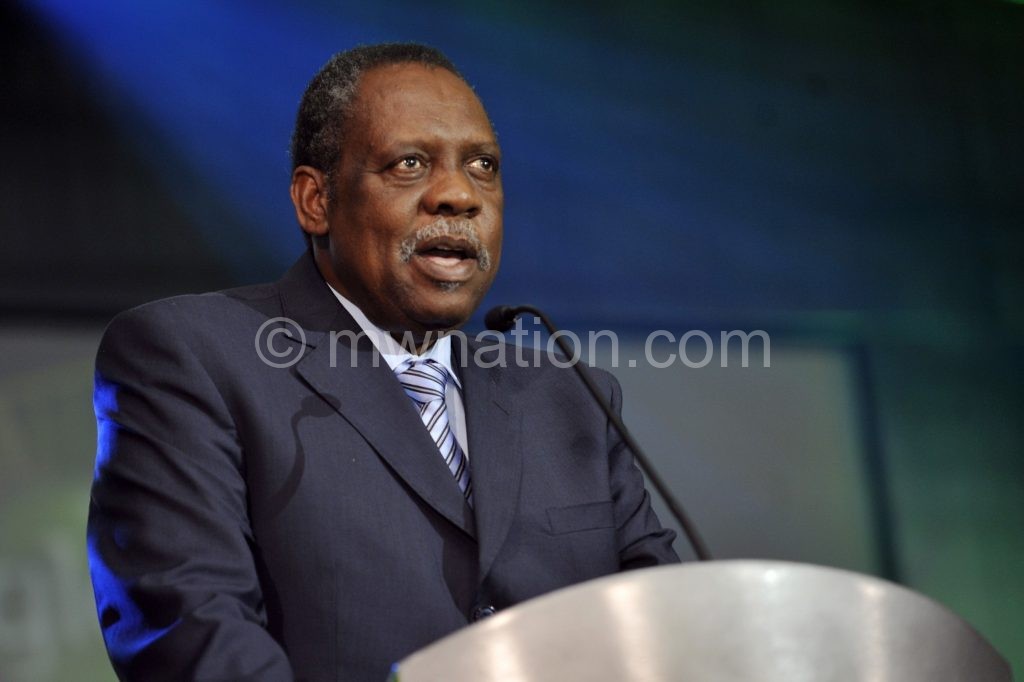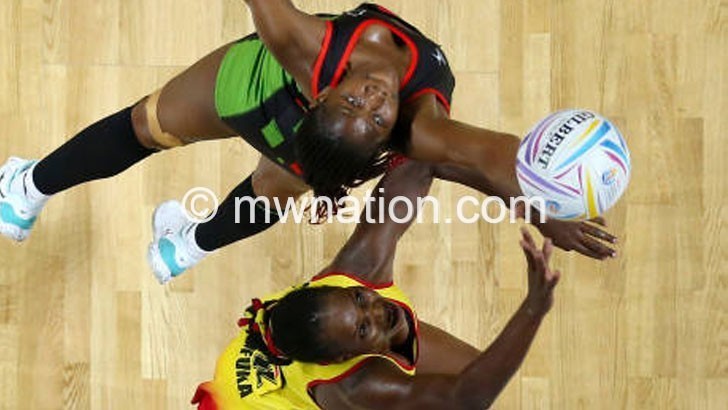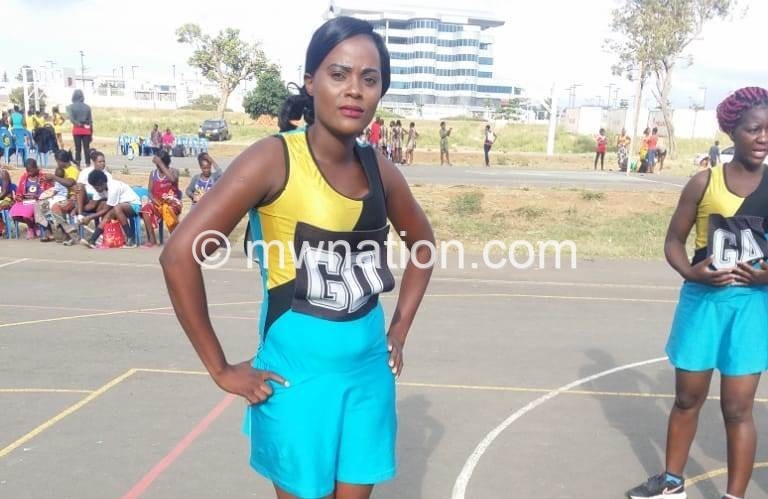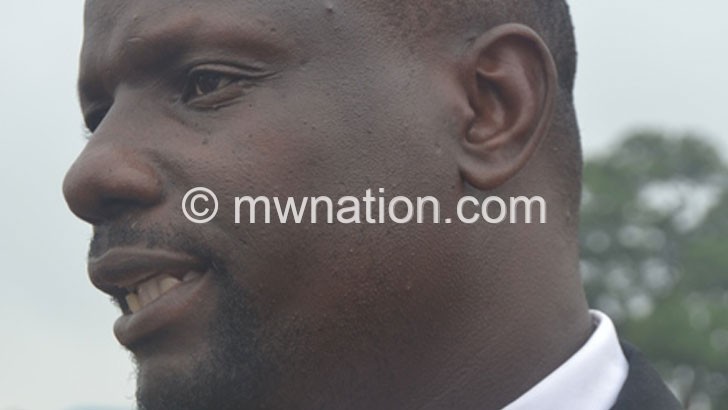End of an era for Hayatou?
Confederation of African Football (CAF) president Issa Hayatou is a very powerful man and that is expected of someone who has been at the helm of African football for 28 years now.
I had a chance to meet Hayatou almost seven years ago when I was previledged to have been among 15 journalists from across the continent that were chosen by world football governing body, Fifa, to cover the 2010 World Cup draw in Cape Town, South Africa.

Enroute to Cape Town, we had a stop-over in Johannesburg where Fifa organised a luncheon at Sandton Sun and when Hayatou entered the lounge, I could feel his presence and the sudden rush by some guests as they scrambled to shake his ‘golden’ hand. I had to wait for the right time as he mingled with guests to get the feel of his handshake.
To some, Hayatou represents everything good about African football, a man who managed to fight for the continent’s increased representation at the global showcase that is the World Cup and secured hefty sponsorship for the Africa Cup of Nations (Afcon), Champions League and the Confederations Cup.
To them, he represents progress—a man who took over the mantle when Africa only had two World Cup representatives and Afcon finals was competed for by only eight teams. Now Africa has five slots at World Cup and the number of participating teams at Afcon has doubled.
To them Hayatou represents the bright side of the game—the man who was in charge when the first African team defied the odds to qualify for the quarter-finals of the World Cup and, ironically, it was his home country Cameroon in 1990. And he was also in charge when Africa first hosted the World Cup in 2010.
He was at the helm of African football when the first African footballer—George Weah—emerged from the slums of Monrovia in Liberia and rose to become the first and the only African so far, to be crowned Fifa Player of the Year.
But while Hayatou needs to be given credit for some of the efforts he has made in a bid to take the game to greater heights on the continent, there are some critics, especially from East and Southern Africa who believe CAF bigwigs, and Hayatou in particular, have an institutionalised bias against non-Arab and non-French speaking countries.
They strongly feel his bias towards the North and West Africa, has always betrayed him.
They argue that apart from Zambian legend Kalusha Bwalya, no player from the Council of Southern Africa Football Associations (Cosafa) bloc has ever won the prestigeous CAF Africa Footballer of the Year Award. This is despite the region having produced big-name players in the likes of Benni McCarthy, Peter Ndlovu and Bruce Globbelaar who were blessed with sublime skills that stood the taste of time.
It is also argued that since he came to power 28 years ago, Southern Africa has only hosted the Afcon three times—twice in South Africa and once in Angola and yet a number of countries in the region have better football infrastructure than west African nations.
Even it terms of resources—it is the North and West that have benefitted more compared to their counterparts.
Football pundit Humphrey Mvula said: “I do not think this man has done enough for those of us in South and East Africa.
“One just has to look at the level of technical and human development—the East and Southern Africa remain backward. For example, the level of courses that CAF organises for our coaches, referees, physiotherapists amongst other disciplines essential for football development and that shows the amount and quality of attention that he has given to East and Southern Africa.”
But football marketer Felix Ngamanya Sapao says Hayatou has had his highs and lows.
“It depends on which side you are looking at, but there are areas where he has excelled in taking African football forward and he has also had his short-falls.
“That said, we need fresh leadership in African football to bring in fresh and vibrant ideas so as to move with the times. Fifa has new leadership same as Uefa and we need to take that path, too,” he said.
Last Thursday, CAF Extraordinary general assembly approved a new ruling that the president will be limited to three terms in office from next year’s election.
And Hayatou’s critics feel this could be the beginning of the fall of his empire. However, the latest change to the statutes means Hayatou could extend his tenure by a maximum of 12 years—each term is four years—when he would be aged 82.
“It is a major change for African football which could signify a bright new dawn as incumbent president [Hayatou] has been in power for far too long. We need fresh vibrant ideas,” said Capital FM seasoned sports journalist Madalitso Phiri.





